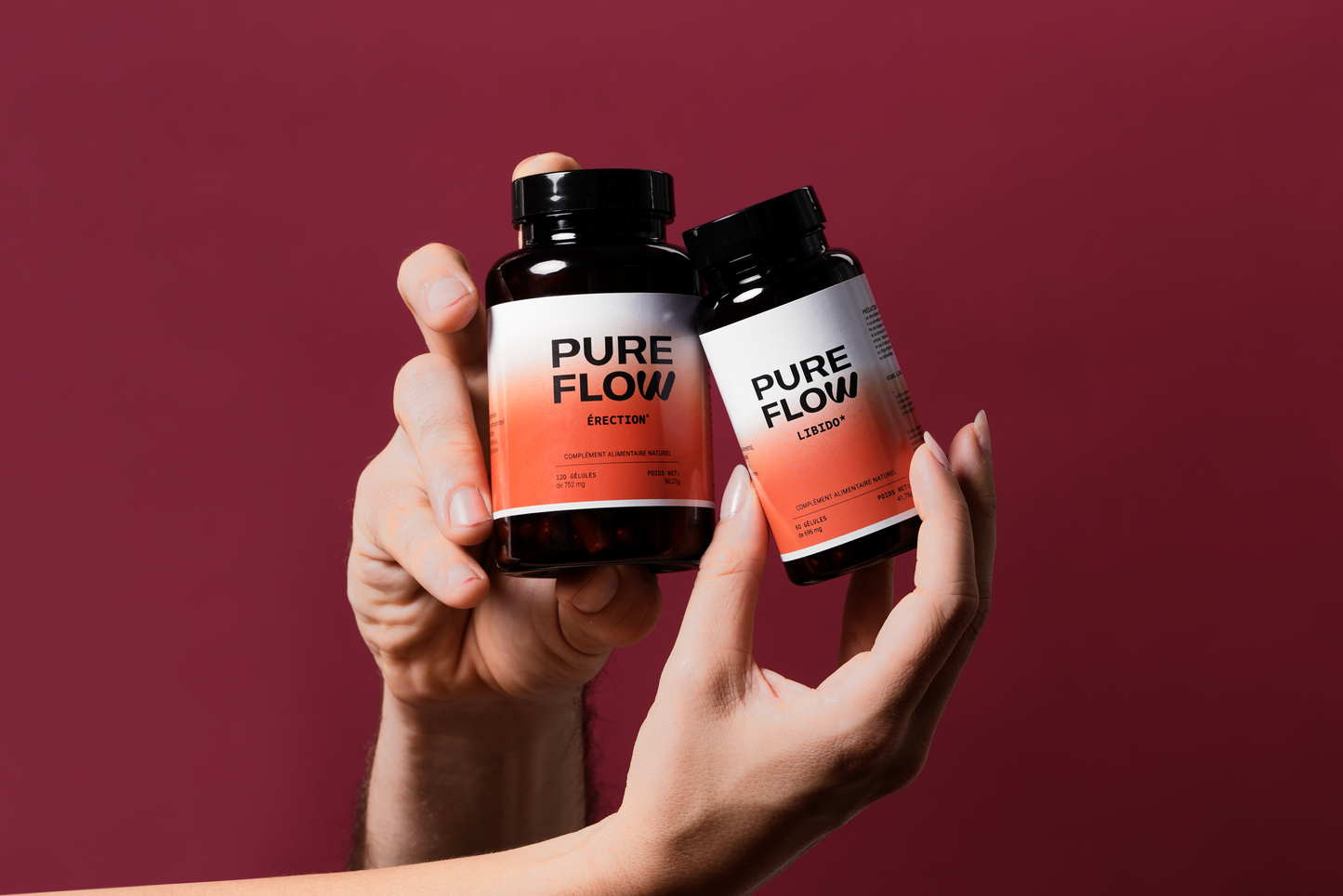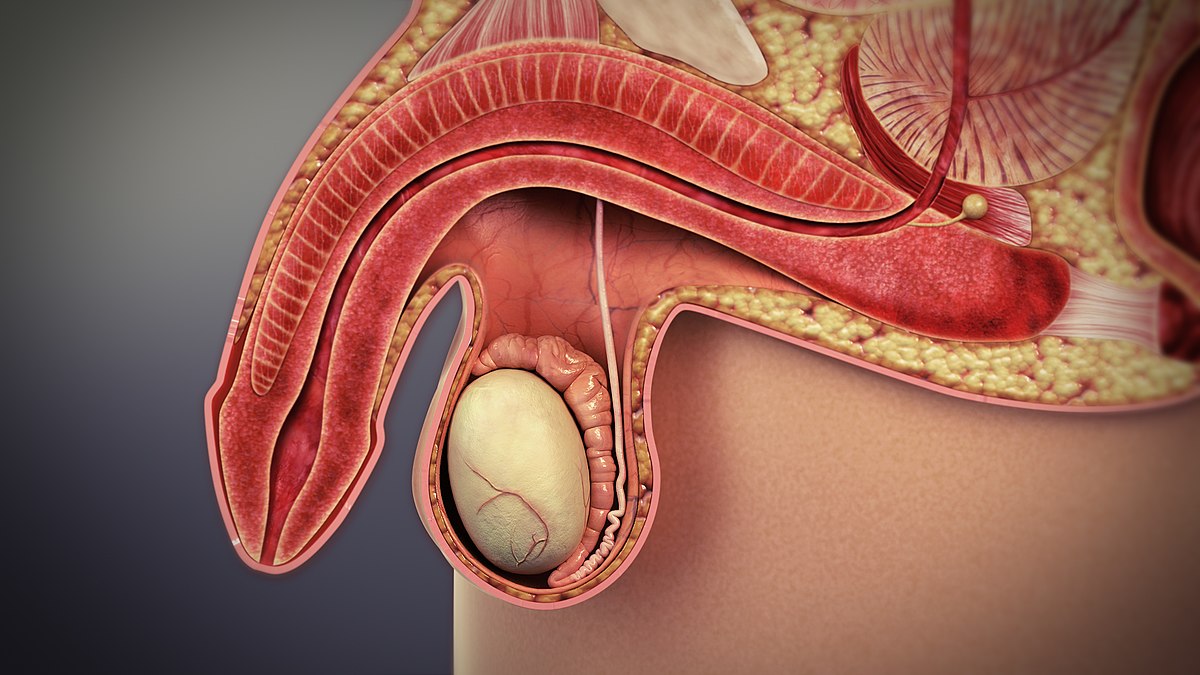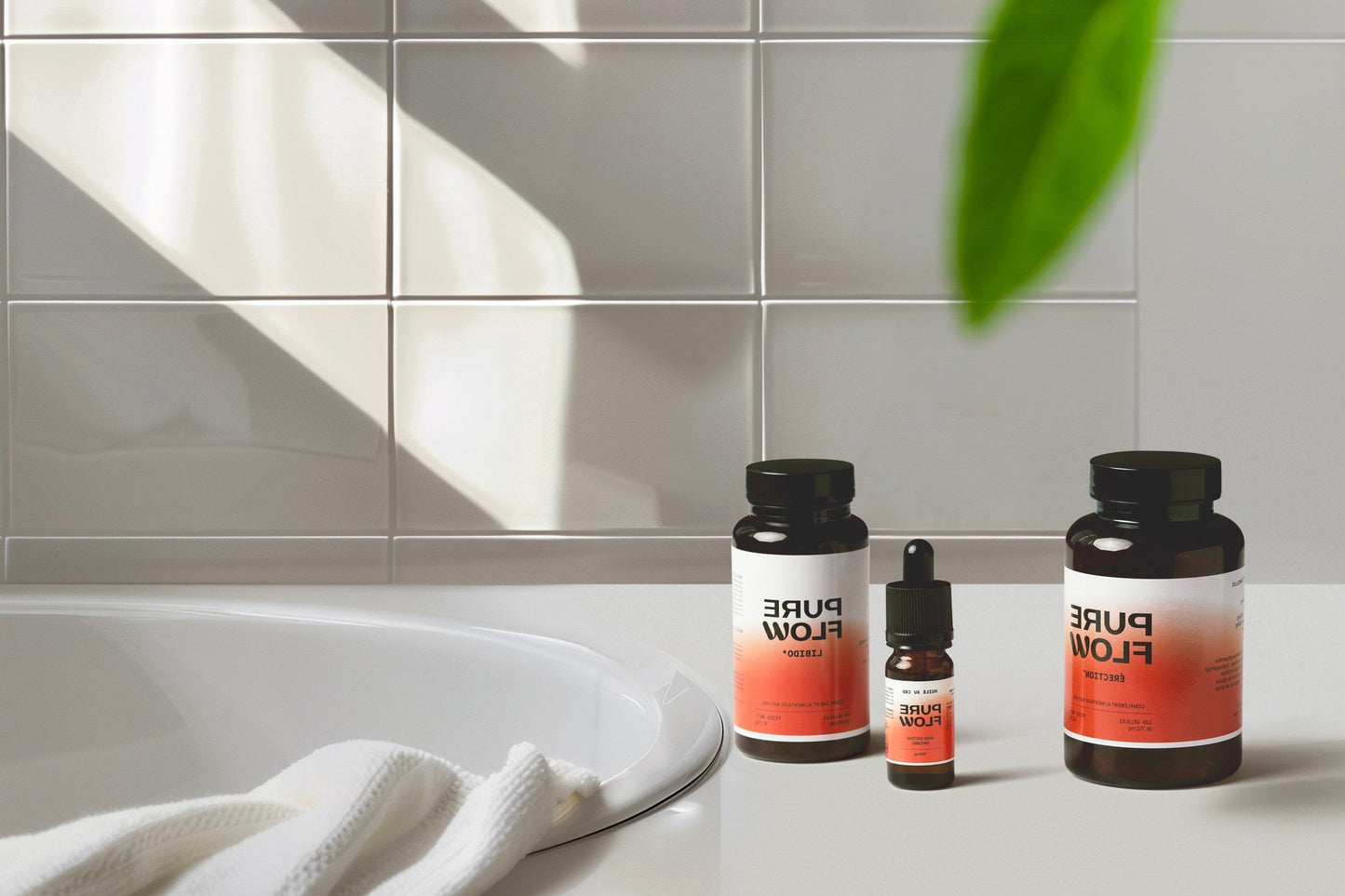Introduction
Rhodiola, known scientifically as Rhodiola rosea, is an herb that has long captivated the interest of herbalists and researchers for its adaptogenic and toning properties. Native to the arctic regions of Europe, Asia and even North America, this hardy plant thrives in extreme environments, where few other plants can survive. This ability to withstand harsh conditions is driving interest in its potential applications to improve human resilience and vitality.

Rhodiola in History
Historically, rhodiola has been used in traditional Scandinavian and Russian medicines, and even by the Vikings, to strengthen physical and mental resistance in the face of the harsh climate and the challenges of daily life. It was known to increase strength, endurance and the ability to tolerate cold.
Beyond its benefits for endurance and stress, rhodiola has also been appreciated for its effects on longevity and general well-being. Ancient stories mention its use to promote good health and extend life expectancy. This plant was so valued that emissaries had to travel great distances to collect it as a gift for emperors and kings.
Today, modern science has begun to unlock the secrets of rhodiola, confirming many of its traditional uses and discovering new ones. This article aims to explore in depth the many facets of rhodiola, focusing on its interaction with other plants like saffron and guarana, its use in capsules for convenient consumption, and carefully evaluating its potential benefits and dangers , particularly with regard to male sexuality.
What is Rhodiola?
Rhodiola, scientifically known as Rhodiola rosea, is a remarkable plant that belongs to the Crassulaceae family. It is often called "golden root" or "arctic root" because of the high value that ancient civilizations placed on it and its natural habitat in cold regions.
Habitat and Ecology
Rhodiola is found primarily in cold, mountainous regions of Europe and Asia, including the Alps, Carpathians, Ural Mountains, and Rocky Mountains. It also grows in parts of North America. This plant prefers sandy or rocky soils and can often be found on sea cliffs and rock crevices, where few other plants can survive. Its ability to thrive in extreme conditions is one of the reasons it is considered an adaptogenic herb, helping the body adapt to physical and mental stress.
Bioactive Compounds
Rhodiola roots are rich in a variety of bioactive compounds that contribute to its many health benefits. The most studied are:
- Rosavines : This group of compounds is specific to Rhodiola rosea and is often used as a marker for the authenticity and quality of rhodiola extracts. Rosavins are believed to be responsible for the adaptogenic effects of the plant.
- Salidroside : Another key compound, salidroside, is credited for its antifatigue, neuroprotective, and potentially antidepressant properties.
- Phenylethanoids, Flavonoids, and Monoterpenes : These secondary compounds add to the complexity of rhodiola's effects, contributing to its antioxidant, anti-inflammatory, and immunomodulatory properties.
Benefits of Rhodiola
Its roots contain more than 140 active compounds, including rosavins and salidrosides, mainly responsible for its beneficial effects. Here's a closer look at the health and wellness benefits of rhodiola.
Improved Stress Resistance
Rhodiola is particularly valued for its ability to increase the body's resistance to stress. As an adaptogen, it helps the body adapt to various physical, chemical and environmental stresses, thereby reducing the negative impact of stress on the body. Studies suggest that rhodiola may improve the stress response by influencing the levels and activity of serotonin and dopamine, neurotransmitters involved in mood and the stress response.
Boost Physical and Mental Energy
Rhodiola also helps improve energy levels and mental clarity. By acting on the central nervous system, it can increase the ability to concentrate and memorize, which is particularly beneficial during periods of mental or physical fatigue. In addition, by optimizing the use of oxygen by the muscles, it can improve endurance and performance during physical activities.
Mental Health Effects
Rhodiola's adaptogenic properties may have positive effects on mental health, including reducing anxiety and mild to moderate depressive symptoms. Some research indicates that rhodiola may improve mood by balancing neurotransmitters in the brain, providing natural support for managing anxiety and depression.
Support for Cognitive Function
Rhodiola is known for its beneficial effects on cognitive function. It can improve concentration, memory and learning abilities, making it a popular supplement among students and professionals looking to optimize their cognitive performance.
Contribution to Heart Health
By positively influencing the cardiovascular system, rhodiola can help regulate blood pressure and support heart health. Its antioxidant properties can also protect cells against damage caused by free radicals , helping to prevent cardiovascular disease.
Effects on Weight Loss
Although less known for this aspect, rhodiola may play a role in weight management by helping to reduce stress-related fatigue and improving energy levels, both factors that can influence motivation to exercise. and maintain an active lifestyle.
Rhodiola and Male Sexuality
One of the most intriguing aspects of rhodiola concerns its potential effects on male sexuality. Research suggests that this adaptogenic herb may improve sexual function in several ways:
- Improved endurance and reduced fatigue : By increasing the body's ability to resist stress and fatigue, rhodiola can indirectly improve sexual performance.
- Regulation of cortisol levels : By helping to balance stress hormones, rhodiola may contribute to better hormonal balance, essential for libido and sexual function .
- Effects on Blood Circulation : By improving blood circulation, rhodiola could also have a positive impact on erection and overall sexual health.

The Synergies of Rhodiola
Rhodiola and Saffron
The combination of rhodiola with saffron, known for its antidepressant effects, can strengthen the adaptogenic abilities of rhodiola, improving mood and reducing stress, two key factors for optimal sexual health.
Guarana and Rhodiola
Guarana, rich in caffeine, provides a stimulating effect which, combined with the adaptogenic properties of rhodiola, can provide sustained energy and improve concentration without the side effects often associated with synthetic stimulants.
Griffonia and Rhodiola
Griffonia is particularly appreciated for its richness in 5-HTP (5-Hydroxytryptophan), a direct precursor of serotonin, a key neurotransmitter in the regulation of mood and sleep. When Griffonia and Rhodiola are combined, these two plants provide a synergy capable of reducing anxiety, improving mood and supporting cognitive functions, while increasing the body's ability to adapt to stressful situations. This association could therefore be particularly beneficial for those seeking to improve their general well-being in a demanding life context.

Dangers of Rhodiola
Although rhodiola is widely considered safe and well tolerated by the majority of users, it is important to take certain precautions:
- Drug Interactions : Rhodiola may interact with medications, particularly those affecting the central nervous system or blood pressure.
- Contraindications : People with bipolar disorder or severe anxiety disorders should use caution due to the potential stimulating effects of rhodiola.
- Medical Consultation : It is always advisable to consult a healthcare professional before incorporating rhodiola or any other supplement into your regimen, particularly if you have any existing medical conditions or are taking medications.
Recommended dosage
The recommended daily dose of Rhodiola rosea generally ranges from 200 mg to 600 mg , divided into two or three doses. For specific needs like stress relief, doses of 400 to 600 mg may be suggested, while 200 to 300 mg might be enough to improve physical endurance or mental performance. It is important to note that these dosages may vary depending on the concentration of the extract used, so it is recommended to follow the specific product instructions or consult a healthcare professional.

Forms of Rhodiola rosea
-
Powdered Rhodiola : This form can be mixed into drinks like smoothies or juices. Accurately measuring the dose is crucial, especially in the absence of clear recommendations on the packaging.
-
Rhodiola capsules : Often considered more convenient, capsules typically contain a measured dose of Rhodiola, making it easier to follow the recommended daily intake. The capsule form is the one most frequently used in studies and dosage recommendations.
Conclusion
Rhodiola presents itself as an exceptional adaptogenic plant, with a rich history and use that spans centuries. From its origins in the Arctic regions to its value in traditional Scandinavian and Russian medicinal practices and by the Vikings, rhodiola has always been synonymous with resilience and vitality. Modern research is only beginning to unravel the extent of its potential benefits, confirming its role in managing stress, improving endurance, and promoting longevity.
The effects of rhodiola on male sexuality, thanks to its ability to improve endurance, regulate cortisol levels, and promote good blood circulation, open new perspectives for its use in supporting sexual health. The synergy of rhodiola with saffron and guarana enhances its effectiveness, offering a holistic approach to improving physical and mental well-being.









